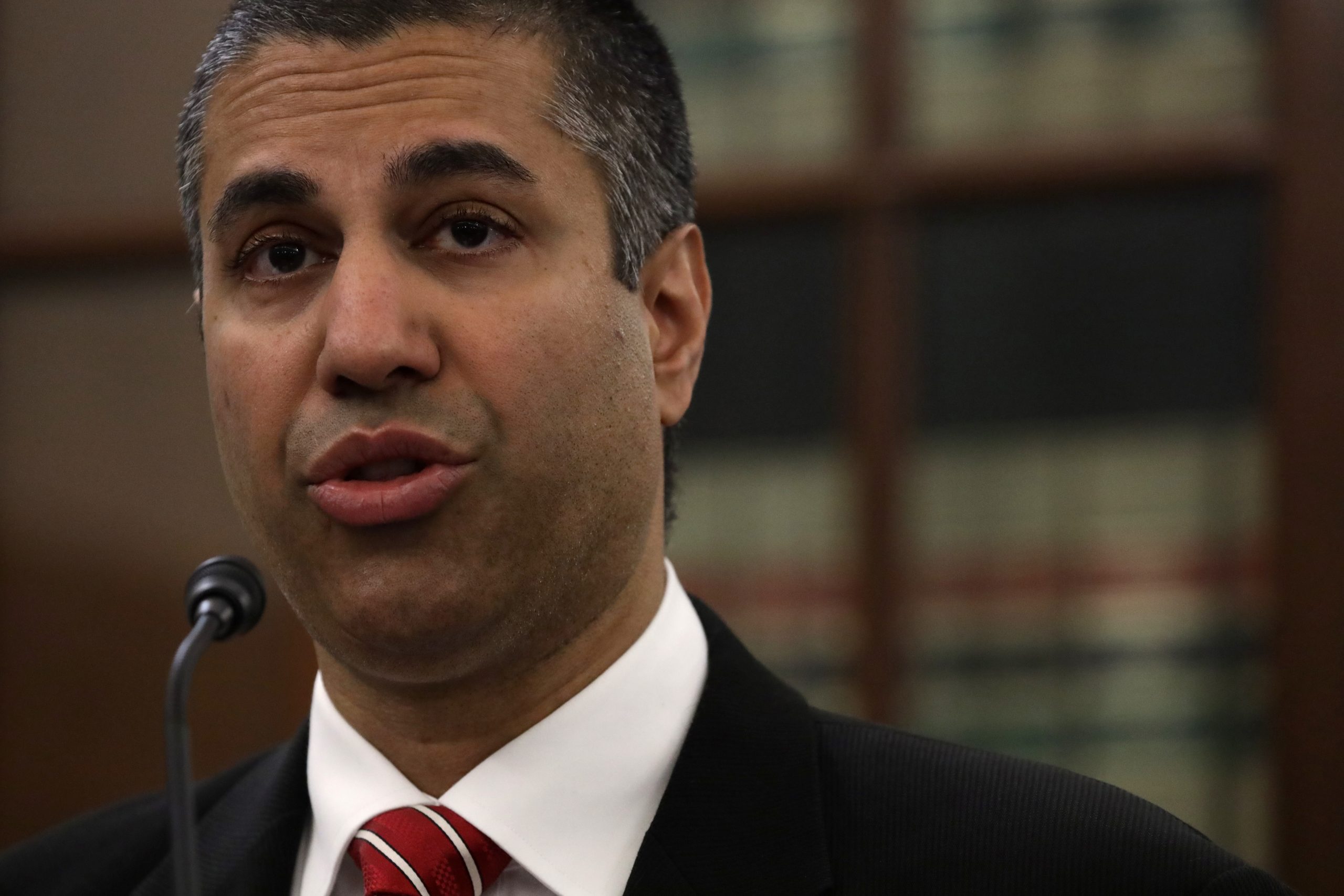Calls to reform a law Section 230 of the Communications Decency Act receiving being amplified after social media companies limited the distribution of an unverified story about Democratic presidential nominee Joe Biden‘s son.
Section 230 provides internet companies liability protection for content on their platforms.
Federal Communications Commission Chair Aji Pai says that there is bipartisan support to reform that portion of the law. Still, until the provision is reformed, he said he would move to clarify it.
“Members of all three branches of the federal government have expressed serious concerns about the prevailing interpretation of the immunity set forth in Section 230 of the Communication Act,” Pai said.
“There is bipartisan support in Congress to reform the law. The U.S Department of Commerce has petitioned the Commission to ‘clarify ambiguities in section 230,'” he added.
Pai also noted that Supreme Court Justice Clarence Thomas said “courts have relied upon ‘policy and purpose arguments to grant sweeping protections to Internet platforms’ that appear to go far beyond the actual context of the provision.”
He continued to argue that “many advance an overly broad interpretation” of the provision that “shields social media companies from consumer protection laws in a way that has no basis in the text of Section 230.”
“The Commission’s General Counsel has informed me that the FCC has the legal authority to interpret Section 230. Consistent with this advice, I intend to move forward with a rulemaking to clarify its meaning.”
Read the statement below:
I intend to move forward with an @FCC rulemaking to clarify the meaning of #Section230.
— Ajit Pai (@AjitPai) October 15, 2020
Read my full statement below. pic.twitter.com/LhUz5XMdSC
“Throughout my tenure at the Federal Communications Commission, I have favored regulatory parity, transparency, and free expression. Social media companies have a First Amendment right to free speech. But they do not have a First Amendment right to a special immunity denied to other media outlets, such as newspapers and broadcasters,” he added.
Conservatives have expressed displeasure with Section 230 as they claim social media companies are intentionally censoring conservative voices.
In May, President Donald Trump directed the Department of Commerce to file a petition to curtail legal protections to social media companies offered under Section 230.
New calls to review the provisions surfaced after Facebook and Twitter limited the distribution of an uncorroborated report that was published by The New York Post about Biden’s son, Hunter Biden.
Twitter prevented users from being able to share the article as it said it violated the platform’s “hacked materials” policy.
Sen. Ted Cruz (R-Texas) penned a letter to Twitter CEO Jack Dorsey accusing the company of trying to influence the presidential election, “Twitter well-knows its incredible ability to influence public dialogue by promoting some stories while suppressing others, and it has plainly decided that the American people should not be seeing or discussing this particular story, which could significantly influence voters’ view of candidate Biden.”
“This can only be seen as an obvious and transparent attempt by Twitter to influence the upcoming presidential election,” he added.
Trump has repeatedly called for Section 230 to be repealed after social media companies took action against his posts for violating policies regarding misinformation.

























 Continue with Google
Continue with Google